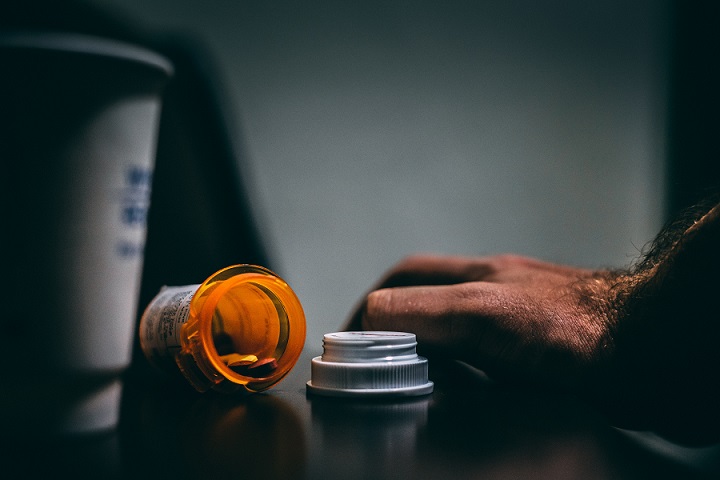The Safer Alternatives for Emergency Response program provides medications as substitutes to illegal drug supply.
The Safer Alternatives for Emergency Response (SAFER) program is a Vancouver, British Columbia-based program that provides medications that are prescribed off-label as substitutes to illegal drug supply. A multidisciplinary team, including doctors, nurses, pharmacists, social workers, and people who have experience living with substance use, are responsible for running it.
SAFER has been open since spring 2021 and has enrolled 58 participants to date. Those who use the center’s services are thankful for the option after so many others didn’t work. Physicians at SAFER have reported increased medication compliance among the participants and better management of chronic pain and disease. It seems those who are active with the program appreciate a chance to wean off their drugs of use without judgment.
Canada is also home to many other companies hoping to replicate this model. In total, since 2019, Health Canada has provided funding to 18 pilot programs. All of the funded programs are meant to help curb the crippling opioid epidemic which has claimed so many lives over the years. Safe-injection sites allow for supervised use until an individual is ready to enter sobriety, and other options, like SAFER, ensure anyone who enters the door feels welcome and knows there is an engaged team waiting to help.

Medication-assisted treatment remains a first-line intervention for opioid use disorder (OUD). However, some people do not respond well to this treatment, and it is common for those enrolled to revert back to their old habits. And one of the reasons there have been so many fatalities in recent years has to do with the ever-growing issue of fentanyl (and even more powerful opioids) flooding the streets.
“In 2010, methadone worked, but now even high doses don’t keep people out of withdrawal due to the infiltration of fentanyl,” Sutherland said. “It’s clinically not working anymore. People are now going through benzodiazepine withdrawal and opiate withdrawal at the same time.”
“When we look at the number of overdose deaths, it should be zero. These are preventable deaths,” said author Christy Sutherland, MD, medical director at the PHS Community Services Society in Vancouver, which operates the SAFER program. “As clinicians, we can see that the tools we have are working less because of prohibition. It drives the market to provide more potent and more dangerous options. It’s critical that we disrupt the illicit market and provide medical solutions to keep people safe.”
a study published in the Canadian Medical Association Journal on May 16, 2022, cited, “Between January 2016 and June 2021, more than 24,000 people died from opioid toxicity in Canada. A key driver of the ongoing public health crisis has been the introduction of illicit fentanyl and other dangerous substances into the unregulated drug supply.”
While the U.S. is still behind the times with regards to safe site implementation, Canada has recognized a need for an innovative approach. In recent years, several harm-reduction options and substance use disorder (SUD) treatment programs have been introduced in Canada to stem overdose deaths. Doctors said “legal and regulated sources of psychoactive substances” is needed. “In particular, low-barrier and flexible options are necessary to meet the needs of various people in the community,” according to the study authors.
Sources:
Vancouver Safe Supply Program Aims to Reduce Overdose Deaths
A low-barrier, flexible safe supply program to prevent deaths from overdose


Join the conversation!